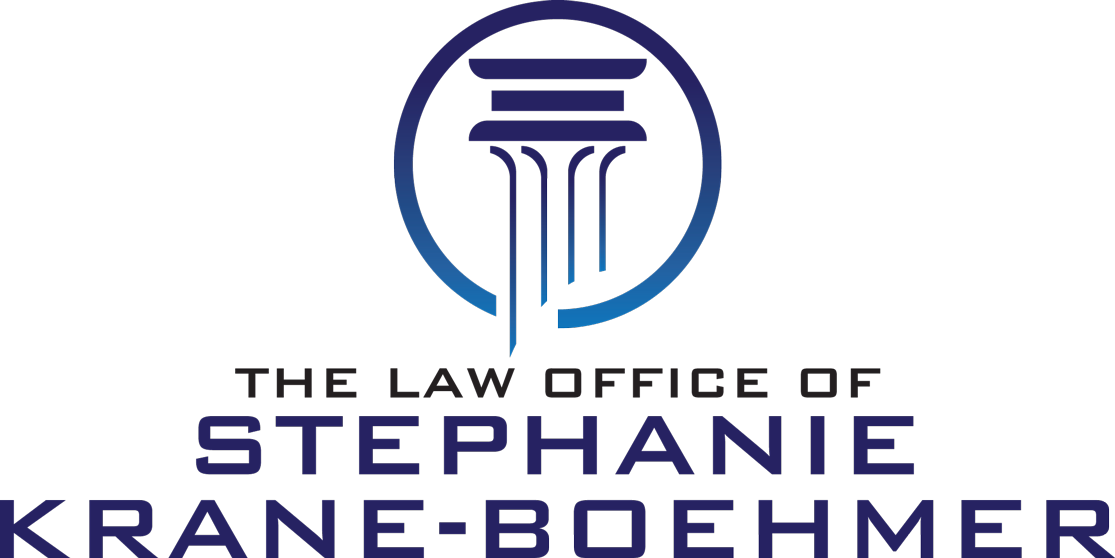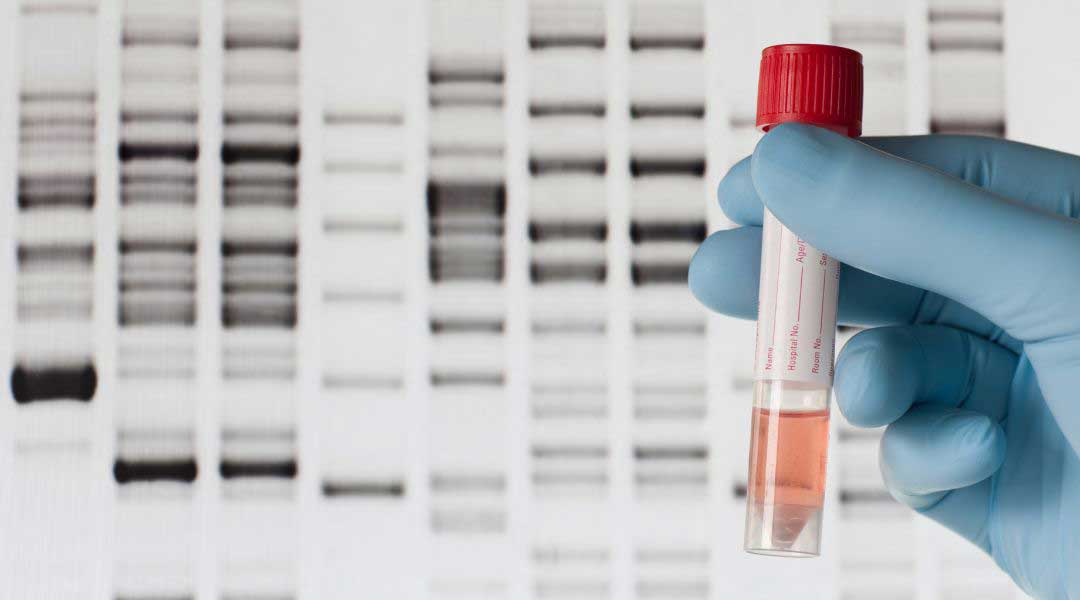As an estate planning lawyer in Rochester Hills, I prepare a lot of wills, trusts and estate plans for my clients. Most are fairly routine – assigning Powers of Attorney for financial and medical decisions, drafting wills to record my client’s wishes for property division after their death.
Some are more complex, like estate plans that leave assets in trust, generation-skipping wealth transfers, or charitable trusts.
Lately, however, a new topic is trending in the area of estate planning – the impact of DNA testing results on wills, estates, and inheritances.
DNA Testing Makes it Easier than Ever to Uncover Your Family History
People have always been fascinated by their ancestry. And it’s easier than ever before to learn more about your background by taking a simple DNA test through popular sites like Ancestry.com or 23andMe. Odds are you know someone who has taken a test – and you may have taken one yourself.
Most people find out a little more about their background, like their cultural heritage or their predisposition to certain medical conditions. Some are connected with distant cousins. In other cases, DNA reveals lost siblings, suspect parentage, or connects adopted children with their biological parents.
While many of these may be fascinating to read, what do they mean from the perspective of an estate planning lawyer in Rochester Hills?
Michigan Inheritance Laws
Any estate planning lawyer in Rochester Hills can easily break down Michigan inheritance laws.
Dying with a valid will in place is called “testacy,” meaning you have a will and last testament to guide how your property and assets should be distributed.
If you die without a will, you are dying “intestate,” the fancy term for leaving no will. At that point, your estate passes to your inheritors in a legal process called “intestate succession”. The details are outlined in the Michigan Estates and Protected Individuals Code (or EPIC) Act 386 of 1998 Article II Part 1.
In general, the act states that if you have a spouse but no children, your spouse will inherit your estate. If you have children or half-children, a portion of the estate will go to them.
But what about children you may have had through an earlier relationship that you may not even be aware of? What about children conceived through artificial insemination techniques including sperm and egg donations? Are they eligible for part of your estate?
Establishing Paternity
The state of Michigan holds that children have a right to a relationship with both parents, and requires both parents to provide financial support for their children.
If parents are married when the child is conceived or born, the mother’s husband is considered the legal father. If parents are unmarried, paternity can be established voluntarily (by agreement between the two parents) or using DNA paternity testing.
Previously, giving children up for adoption or providing sperm/egg donations were considered anonymous unless both parties took steps to reconnect.
While the law is clear, circumstances are changing. Simple, inexpensive DNA tests can be used to establish parentage. In some cases, sperm donors have been successfully sued for child support.
So, can DNA testing also be used to establish rights of inheritance if someone dies intestate?
Protect Your Estate – Make a Will
This area of the law is currently murky. As an estate planning lawyer in Rochester Hills, my strong advice is to make a will clearly outlining your intent. And I would advise you to create your will or estate plan sooner rather than later.
While “estate planning” may sound like something complicated and only for the rich, it’s really quite simple. A basic estate plan includes a will, a durable health care Power of Attorney, a durable Power of attorney for financial management and a living will to outline your desire for medical care in case of a terminal illness.
And while you can use an online will kit for a start, if you live in the area, it’s always better to work with a trained estate planning lawyer in Rochester Hills to ensure your will covers your needs, protects your assets, and minimizes time your estate may take to go through probate.
Stephanie Krane-Boehmer: Trusted Estate Planning Lawyer in Rochester Hills
As an estate planning lawyer in Rochester Hills, Stephanie Krane-Boehmer offers trusted advice to her clients. Stephanie will create a personalized plan for you, accounting for your unique needs and life situation. No book software program or website can possibly keep up with the changing laws of each state like a trained, experienced estate planning lawyer.
Contact us to schedule a free-of-charge appointment to meet with Stephanie to review your estate planning options.
Resources:
Michigan.gov Health & Human Services – Establishing Paternity
https://www.michigan.gov/mdhhs/adult-child-serv/child-sup/how-do-i/establish-paternity

